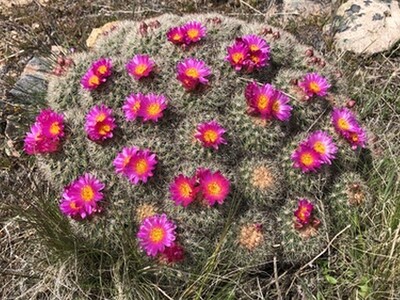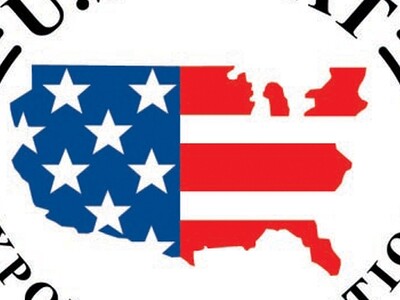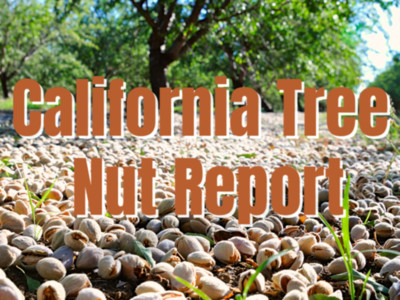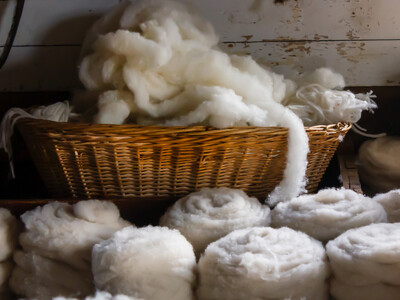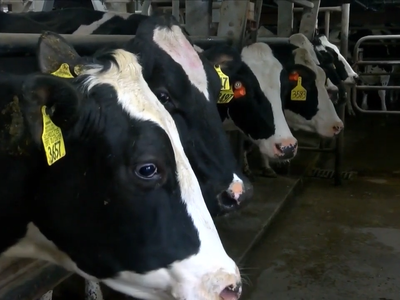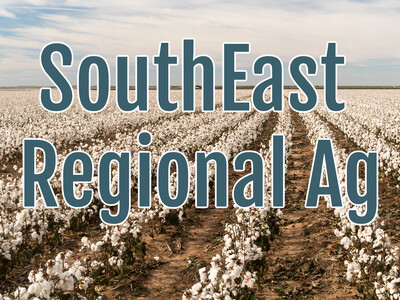TPP Panel
TPP Panel. I'm Greg Martin with Washington Ag Today.During this weeks National Association of Farm Broadcasters convention in Kansas City a distinguished panel gathered to discuss the ramifications of the Trans Pacific Partnership. Brett Blankenship, President, National Association of Wheat Growers out of Washtucna, WA was part of that panel.
BLANKENSHIP: We all know that no comprehensive trade agreement could be perfect. Everything else has to be evaluated on are you better with it or better without it. The TPP is obviously, for agriculture, we're better with it for not only greatly expanded markets and the potential to add more, more in that key Pacific region.
Blankenship says that in general about 50% of the wheat crop is exported.
BLANKENSHIP: In our region virtually 100% of my crop goes to export. As a state, 85% is exported. Oregon is 90%, Idaho at least over 80 and Montana, 80% of the crop is exported so in the wheat worked we have been focused on exports for a long, long, long time. Much of that volume to the Pacific Rim.
So what does the TPP hold for an area that already exports like the northwest does? He says it's both an offensive and defensive move.
BLANKENSHIP: Defensive in that other countries have bi-lateral trade agreements ready to take affect if this effort fails. If other countries have bi-lateral agreements, American farmers are immediately at a disadvantage, especially in wheat. The offensive move is the TPP is a very good template to move forward, not only in other trade agreements but to add very important trading partners to this one.
And that's Washington Ag Today. I'm Greg Martin, thanks for listening on the Ag Information Network of the West.




